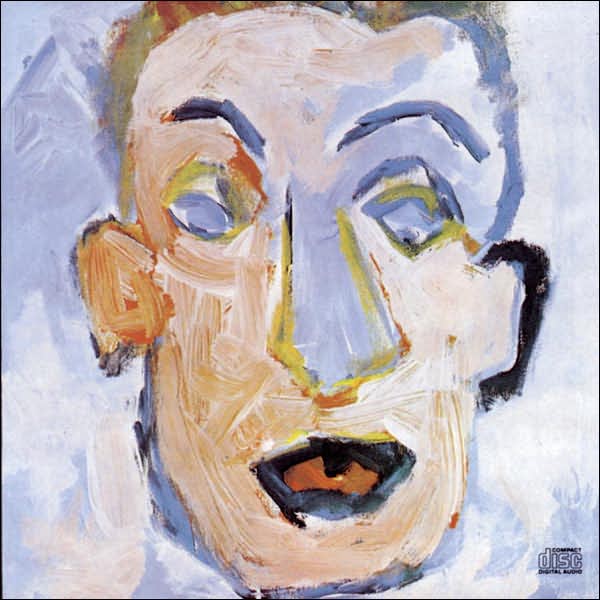 Tav, the final letter of the Hebrew Alpeph Beit signifies endings but suggests there is more to come. Rabbi Michael Munk tells us that "Kabbalistic literature teaches that the Aleph Beit - representing all Divine forces - does not culminate with the Tav but turns around to unite again with the Aleph." Sefer Yetzirah, the Book of Creation, says "Their end is embedded in their beginning and their beginning in their end."
Tav, the final letter of the Hebrew Alpeph Beit signifies endings but suggests there is more to come. Rabbi Michael Munk tells us that "Kabbalistic literature teaches that the Aleph Beit - representing all Divine forces - does not culminate with the Tav but turns around to unite again with the Aleph." Sefer Yetzirah, the Book of Creation, says "Their end is embedded in their beginning and their beginning in their end." Tav also initiates one of the most crucial terms in kabbalistic practice, tikkun. Tikkun means "to repair" or "to redeem." In the 1500's Rabbi Isaac Luria taught the ultimate task of each person is to contribute to the meaning of a shattered universe, unifying sparks of holiness through perceiving the inherent sacredness of all things. He taught that we uplift and redeem the fallen sparks of holiness that are hidden in "husks" within every thing, by means of our prayers, our deepened awareness, an dour acts of loving-kindness.
Contemporary Rabbi David Cooper writes, "Our opportunities to raise sparks are boundless. The choices we make for our activities, the interactions we have with our family, friends, neighbors, business associates, and even strangers, the way we spend our leisure time, the books we read, the television we watch, the way we relate to food, everything in our daily life presents sparks locked in husks awaiting relase."
By releasing these sparks we prepare the way for the redemption of the world. Thus Tav and tikkun show us that the path to the end of all things, is also the path to the beginning.


No comments:
Post a Comment